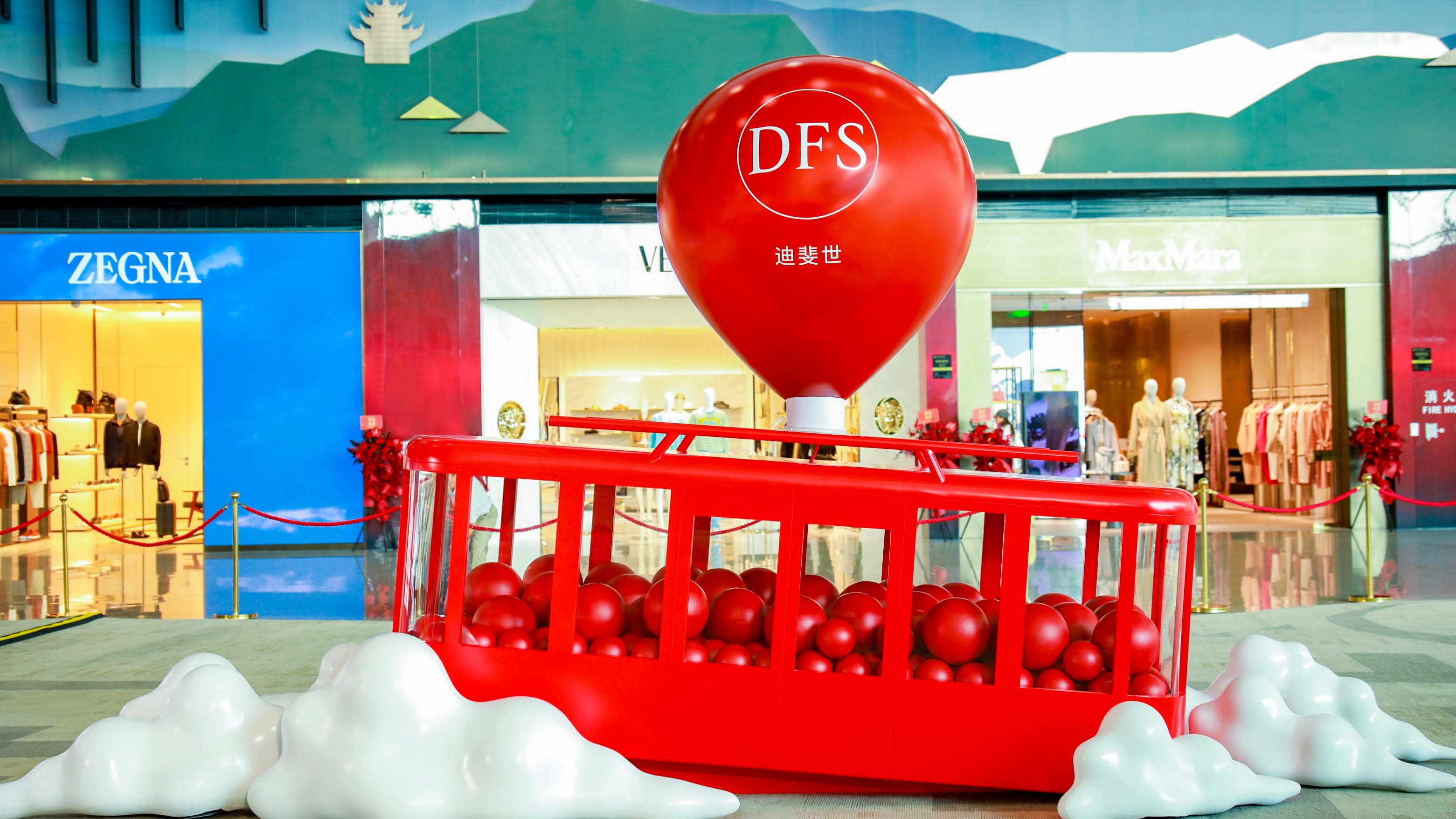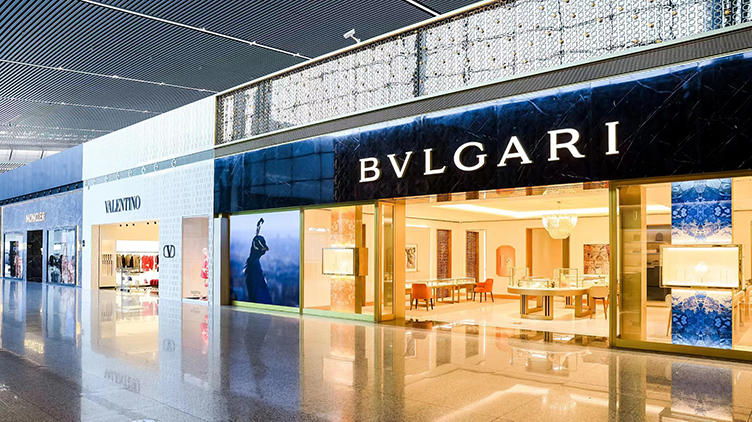- FEATURE
- |
- MERGERS & ACQUISITIONS
- |
- FINANCIAL
- |
- MARKETING
- |
- RETAIL
- |
- ESG-SUSTAINABILITY
- |
- LIFESTYLE
- |
-
MORE


In the evolution of China's domestic fashion retail industry, the 20th century was dominated by department stores. The 21st century saw a shift with the flourishing of shopping centers and e-commerce, along with the introduction of outlet malls in various major cities, competing for consumers' attention and share of wallet. Airport retail, though always stable, has been considered part of the travel retail industry due to its unique scenario and high entry barriers.
Fashion brands have long held mixed feelings about the domestic travel retail market. From 2019 to 2022, as major domestic airports initiated retail upgrades and invited high-end fashion brands to settle in, there were frequent announcements of international brands launching and upgrading airport stores. Yet, the brands' expectations for return on investment in airport retail — whether it's for brand image or genuine profitability — remains a topic they're reluctant to discuss openly.
Significant moves by industry leaders often indicate current and future trends. This can be seen in major tech companies' withdrawal from while in parallel heavy up investments in the metaverse and generative AI tools, international automobile companies investing in Chinese new energy automobile brands, and fashion brands acquiring quality fabric manufacturers.
Similarly, in 2023, post-COVID and with the swift recovery of global tourism, the actions of DFS, the world leading duty-free retailer in the Chinese market offer insights into the domestic travel retail market, especially for fashion categories.

In 2023, DFS has been making significant moves in the Chinese market:
Reviewing these activations, two indications become clear: As a globally renowned duty-free retailer, DFS's focus has been on duty-paid retailer operations, with a physical presence primarily at Chongqing Jiangbei International Airport. This duty-free travel retailer has earnestly begun its dual-engine-driven development strategy in the Chinese market, combining both "duty-free and duty-paid" retail strategies.
From the very beginning of formulating its business development strategy in China, DFS has determined a dual-engine driven frame. Given the policy limitations that existed in the domestic duty-free market, DFS decisively broke away from its path dependence in the short term and positioned itself in a broader travel retail business scale, attempting to carve out a new territory in the domestic market.<

























